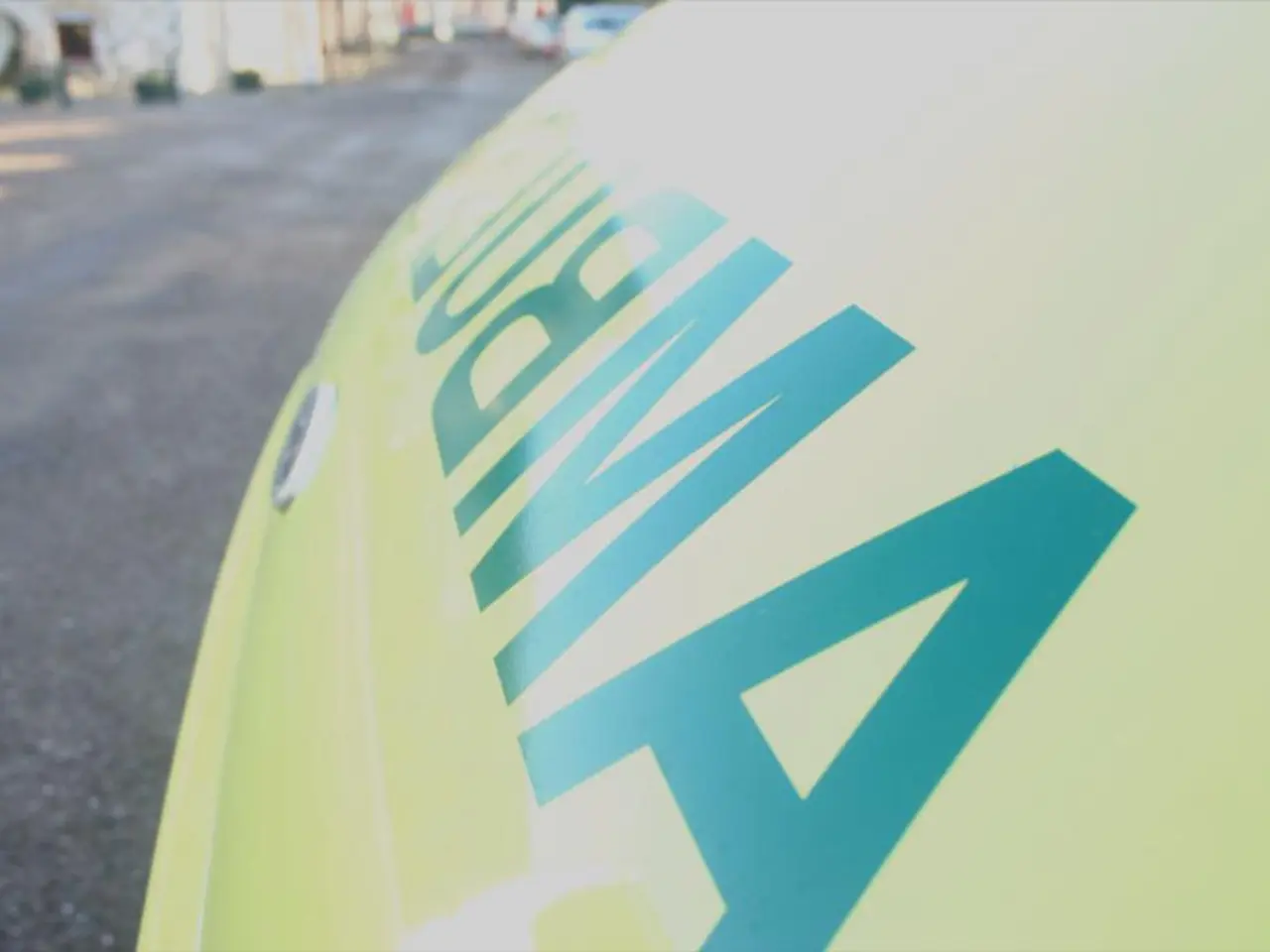Accident on the Road Left You Hurt? Here's Crucial Information You Should Be Aware Of
Navigating the Aftermath of a Car Accident: A Comprehensive Guide
A car accident can turn your world upside down, affecting your health, finances, and future. Here's a step-by-step guide to help you navigate the aftermath and protect your rights.
- Ensure Safety and Call for Help
Immediately check for injuries and call 911 to report the accident. If possible, move to a safe location without risking further harm.
- Gather and Document Evidence
Collect extensive evidence from the scene. This includes photographs of vehicle damage, positions of vehicles, skid marks, debris, and visible injuries. Obtain witness names and contact information. Avoid admitting fault or apologizing at the scene as these can be used against you later.
- Exchange Information
Exchange insurance, contact, and driver license information with the other driver(s).
- Seek Medical Attention Promptly
Even if you feel fine, get evaluated by medical professionals soon after the accident. Medical records are crucial evidence for claims.
- Notify Your Insurance Company
Inform your insurance provider as soon as reasonably possible with basic facts. Do not provide recorded statements or sign anything from other insurers without legal advice.
- Understand Comparative Fault and Liability
Liability can be shared among parties depending on the circumstances. Avoid admitting fault at the scene to prevent negative legal consequences. Police reports and collected evidence help establish fault. Legal advice can clarify comparative fault rules in your jurisdiction.
- Consider Legal Assistance
Consulting a qualified attorney early can help you understand your rights, ensure fair compensation, and manage communications with insurers or other parties.
By following these steps—prioritizing safety, documenting evidence carefully, communicating appropriately with insurance, and understanding fault and liability—you better protect your physical health and legal interests after a car accident.
Remember, documentation of injuries, including emergency room records, diagnostic reports, and physician notes, is crucial for future claims. Always request that law enforcement respond to the scene so that an official report can be filed. Police reports often include objective third-party observations, fault determinations, and citations, all of which play a crucial role in personal injury claims.
In the aftermath of a car accident, it's essential to prioritize your health and seek professional help when needed. With the right steps and guidance, you can regain control of your life and move forward.
- In cases of car accidents, it's advisable to consult healthcare professionals for a thorough medical evaluation, even if there are no immediate symptoms, to generate necessary records for future claims.
- For those prioritizing health and wellness, incorporating fitness-and-exercise routines may help speed up recovery and rehabilitation after a car accident.
- Understanding your lifestyle patterns, particularly driving habits, could potentially contribute to reducing the risk of car-accidents and general-news incidents on the road.
- Maintaining the balance between maintaining one's car-maintenance and staying up-to-date on medical-conditions and health-concerns can lead to a safer and healthier lifestyle both on the road and in daily life.
- Navigating the complicated landscape of car-accident and personal-injury law often requires a deep dive into general-news articles about recent court cases or updates from the scientific community on emerging research on accident causes and effects.




